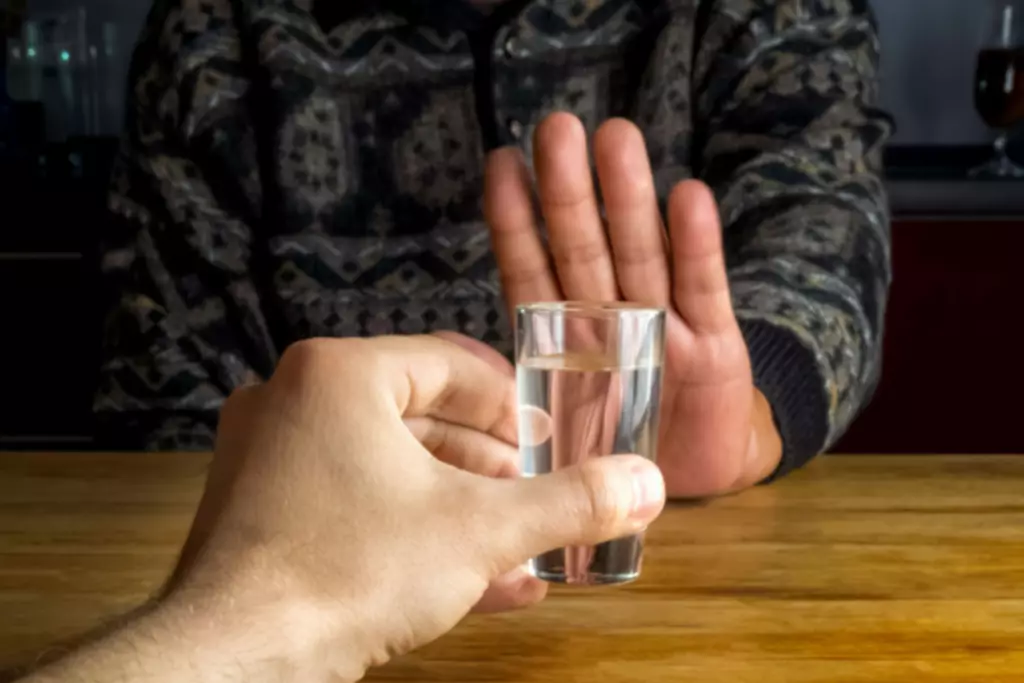What to Expect When Tapering Off Alcohol
Content
Healthcare providers and therapists can offer guidance tailored to our unique circumstances, monitor our progress, and provide assistance if we encounter difficult withdrawal symptoms. Regular drinking causes the body and brain to become dependent on alcohol over time. Some of the common symptoms include sweating, restlessness, cravings, and tremors.
In the face of mounting evidence on alcohol’s deleterious health impacts, many people are choosing to moderate their consumption or quit drinking altogether. And while the journey to alcohol-free living may seem daunting, with the right support and strategies, we can successfully navigate this path. The best recommendation when struggling with alcohol misuse is to seek medical and mental health professional consultation as soon as possible. The professionals can determine the best treatment plan for you and your unique set of needs. Over time, this can help you slow down and make more intentional choices about how much you’re drinking. You can read all about mindful drinking in this article by a licensed therapist at Monument.
What Happens to Your Body When You Stop Drinking Alcohol?
On the other hand, if you engage in excessive alcohol use, you could experience severe alcohol withdrawal. Although it is possible for some to quit drinking without any side effects, fit leads to painful alcohol withdrawal symptoms for most. If you have tried to quit in the past, but the side effects of withdrawal caused you to drink again just to find relief, tapering off alcohol may be more effective. For those who are determined to stop drinking, it may be tempting to go “cold turkey”. However, quitting alcohol cold turkey isn’t recommended for moderate drinkers and heavy drinkers. You will be at serious risk of withdrawal symptoms, which can even prove deadly for some who suffer from alcohol addiction.
While you may experience some side effects, they will be extremely mild if they happen at all. The main symptom you will experience throughout the process is intense cravings for alcohol. how to taper off alcohol There’s no set time frame for tapering off alcohol that works for everyone. Even if your situation seems like someone else’s, your body may respond differently to the tapering process.
Determining If You Need to Taper Off
Because of alcohol, your brain adjusts the amount of GABA it makes. If you drink frequently, you can become physically dependent on alcohol, meaning that your brain needs alcohol to function normally. If you stop drinking, your body needs to rapidly adjust to the absence of alcohol, leading to withdrawal symptoms.
- Support groups such as Alcoholics Anonymous (AA) or sober living houses can help you get connected with peers who are going through the same journey as you are.
- If you mess up once or twice and drink more than you intended to, don’t be too discouraged.
- Slowly, to reduce the discomfort of withdrawal symptoms, you will come off the medication with the goal being complete abstinence from alcohol.
We want to give recovering addicts the tools to return to the outside world completely substance-free and successful. In most cases, the longer you take to wean off the effects of alcohol, the less severe your withdrawal symptoms should be. However, it can be challenging to stick with a long-term tapering schedule, so you have to find the right balance for you. Medically assisted detoxification (detox) is an inpatient program that keeps you stabilized during alcohol withdrawals.
Can Tapering Down Alcohol Use Reduce Withdrawal Symptoms?
Based on your medical history, your doctor can advise you about the safety of the taper. The effects of alcohol can vary depending on weight, gender, age and other factors. Each person’s alcohol metabolism is different, and even though a blood alcohol content (BAC) of .085 is considered legal intoxication, a BAC lower than .08 may adversely affect some people. Take our short alcohol quiz to learn where you fall on the drinking spectrum and if you might benefit from quitting or cutting back on alcohol. Our Recovery Advocates are ready to answer your questions about addiction treatment and help you start your recovery.

If someone were to attempt to stop drinking alcohol without tapering off their use, this will then display symptoms of alcohol withdrawal. This can be a very dangerous thing to do if not done by following medical advice. For heavy drinkers, they will need to follow a specific medical detox which is also monitored to ensure this is done safely. Making a schedule to slowly reduce your alcohol intake is a safe way to taper off the substance. This will ensure that you are not quitting cold turkey which could result in severe and debilitating withdrawal symptoms or even death. Depending on how much alcohol you’ve been consuming, it can take days or over a week to gradually reduce your dose safely and get off alcohol.
Follow a Tapering Schedule
In the end, the path to weaning off alcohol is not a straight line, but a winding road filled with ups and downs. Just as our relationships and social situations can add stress to our lives, they can also become our greatest allies in our pursuit of an alcohol-free life. We’re not alone on this journey, and reaching out for help when we need it is not a sign of weakness but one of immense strength.


Leave a Comment